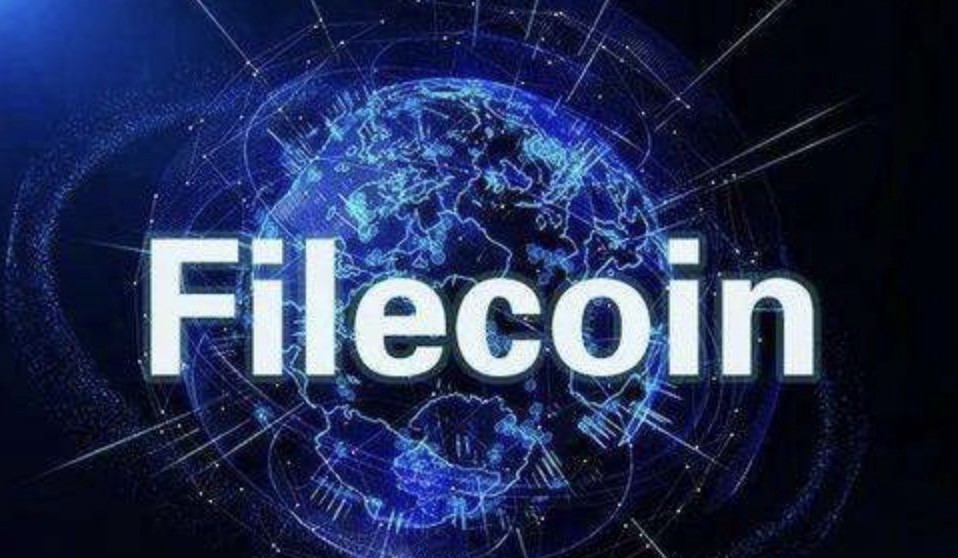A Decentralized Autonomous Organization (DAO) is a distributed entity whose ownership and governance are carried out by on-chain activities and participants. Filecoin has the ability to store deep and rich data sets, enabling Ethereum and other DAOs on the chain to provide and use this information to support more flexible applications.

With the launch and operation of the Filecoin network, we have seen DAO's strong product fit with the market. For the first time in history, we have a native Internet-based management structure on the chain that supports DeFi projects and protocols. Protocols such as Compound, Uniswap, and Year are not operated by traditional enterprises, but by DAO to determine governance tools. Its income belongs to DAO, which manages finances, upgrades contracts, and pays open source developers.
So far, DAO is mainly regarded as the main application of investment funds or venture funds. These types of DAOs have emerged and proved to be successful, but we see that these types of on-chain organizational structures are particularly compatible with DeFi products. One of the limitations of the type of DeFi products developed by DAO on Ethereum is that Ethereum is actually limited to mathematical logic. Due to the design of the network, you do not have the ability to provide more complex data to end users. Generally speaking, these contracts are all performing mathematical problems, so they serve well for transactions, lending, custody, and other basic financial units. Over time, we have seen more advanced applications of these basic financial components, but they are still very limited to mathematical logic.
Today, apart from these basic financial behaviors, no DAO has the ability to do more. With the launch of Filecoin, the ecosystem is exploring what types of businesses DAO can build on Filecoin. We can call these types of organizations a data DAO.
For example, huge data sets, such as massive data in genomes or research databases. Filecoin is well positioned to store these data sets for a long time and has a lot of redundancy. We can imagine that these data sets on Filecoin can be owned and provided by DAO in many different ways. We are likely to see these data DAO applications in niche, specific industries, they have a large amount of market data, and provide a very rich data set for people who want to trade on it.
The emergence of more flexible and efficient systems like Filecoin indicates that people can obtain data through smart contracts, which was almost impossible in the past. Before Filecoin was launched, there was no effective way to embed this information in Ethereum and build a smart contract system around it, let alone DAO.
Filecoin has a lot of opportunities to implement smart contract-based applications and expand the possibilities of various implementations. This is not to compete with DeFi, but to expand the realization possibilities of all kinds of applications that can be embedded in the smart contract system through the use of data storage and data access.
Posted Using LeoFinance Beta